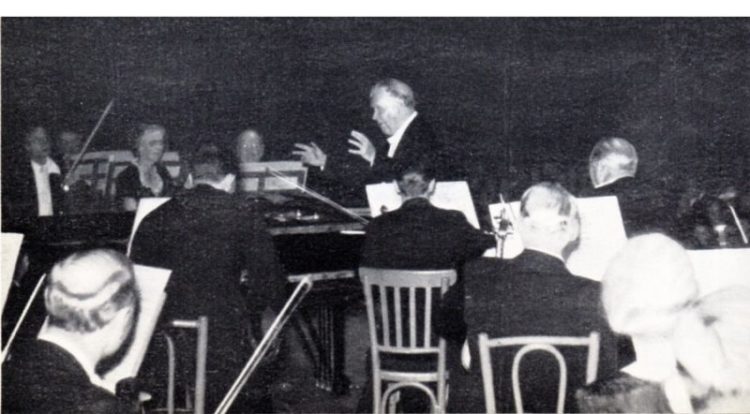
Fischer – Philharmonia Orchestra – Beethoven: Concerto n°4 Op.58
Edwin Fischer – Philharmonia Orchestra
Beethoven Concerto n°4 Op.58
London Abbey Road Studio n°1 – 4,9 & 14 Mai 1954
Prod: Walter Legge & Walter Jellinek – Eng: Douglas Larter
Source 33t/LP: RLS 2900013 ‘HMV Treasury’
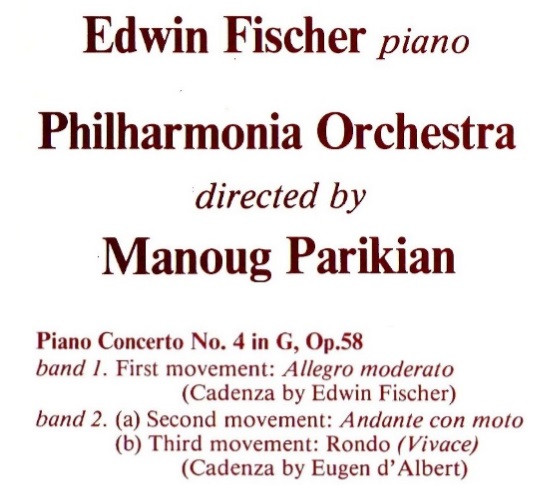
Entre le 3 et le 20 mai 1954, Edwin Fischer a entrepris une importante série d’enregistrements à Londres, dont trois Concertos avec le Philharmonia Orchestra.
Cette année là, du fait de difficultés qui ont surgi avec les musiciens suisses, le Comité d’organisation des Luzerner Festwochen a du renoncer aux services de l’Orchestre Suisse du Festival, et il a été annoncé en janvier 1954 que ce serait le Philharmonia Orchestra qui assurerait tous les concerts des Semaines Musicales de Lucerne (article de René Klopfenstein dans ‘La Liberté’ du 9 janvier 1954).
Suite à ce prestigieux engagement, l’Ambassadeur de Suisse à Londres, Henry de Torrenté, organisa le 5 mai au Goldsmith’s Hall un concert de gala consacré à des œuvres de Bach et de Mozart auquel étaient conviés en présence de nombreux officiels Edwin Fischer et le Philharmonia Orchestra ainsi que la violoniste suisse Marie-Madeleine Tschachtli.
Et plus tard, le 18 août, Fischer a dirigé le Philharmonia Orchestra pour le 5ème concert symphonique du Festival avec au programme le Concerto Brandebourgeois n°2 de Bach, le Concerto n°22 K.482 de Mozart et le Triple Concerto Op.56 de Beethoven (avec Schneiderhan et Mainardi). La ‘masterclass’ de Fischer a débuté le lendemain du concert, après une réception informelle organisée par Walter Strebi, au cours de laquelle Fischer a joué la sonate ‘Waldstein’.
Dans ‘L’Impartial’ du 20 août, est paru un long article du critique Jean-Marie Nussbaum qui relate son expérience d’une des répétitions de Fischer: ‘Je sors d’une répétition du concert Edwin Fischer – Orchestre Philharmonia de Londres. Rien de plus agréable que d’assister à une telle séance de travail. Les exécutants, sanglés le soir dans leur habit et leur respectabilité jouent ici en manches de chemise, affalés sur leur chaise en des positions fort peu académiques. Ce vaste gentleman ventripotent et moustachu taquine du mouchoir sa contrebasse empoussiérée. Bref, on est à l’aise…
Dans la salle, quatre ou cinq langues, ou plus. Il y a un nombre inusité de «techniciens » de la musique. Voici le violoncelliste français Pierre Fournier, suprêmement distingué et qui sait jouer avec art, et son accompagnatrice Reine Gianoli, au cheveu plat comme l’imagination d’un caricaturiste romand. Et d’autres, que naturellement nous ne connaissons pas.
Fischer, ce grand pianiste suisse, est déjà au milieu de ses « poulains ». Tête de lion beethovénien posée pile sur un corps râblé et court sur pattes de petit bourgeois argovien, il serre des mains à droite, à gauche, et hop! Il tape dans ses mains au-dessus de sa tête pour attirer l’attention, étend les bras et… c’est !a prodigieuse entrée du Deuxième Brandebourgeois qui se fait entendre, puis une série de pages (car on ne joue pas tout) de ce luxuriant et baroque concerto, où font merveille le violon, la flûte, le hautbois, la trompette et le clavecin du « Philharmonia ». Quelle distance entre ce jeu et celui de Cortot (qui a dirigé les Brandebourgeois à Paris)! Comme le second est dix-huitième, fulgurant, libre, et Fischer romantique! Et que tous les deux sont beaux, cependant…
Arrêt: on s’explique mi en anglais, mi en allemand. Fischer court de-ci de-là griffonner quelques indications dans les partitions. Éclat de rire: le bon chef suisse a dû faire un «witz»… Et on repart…On va jouer l’un des plus beaux Concertos pour piano et orchestre de Mozart, celui en mi, grâce auquel, avec celui en ré, nous avons été converti à la religion mozartienne à laquelle jamais nous ne serons infidèle. Fischer joue la partie de piano et dirige en même temps. Le petit homme bondit de son instrument comme un diable de sa boite pour indiquer une entrée, une inflexion, une tendresse. Puis retombe sur le clavier, et la merveilleuse rêverie recommence…
— Ah! mais cette pédale.. . Il y met trop de pédale, s’exclame derrière moi un auditeur barbu, qui suit la musique sur la partition.
— Vous voulez peut-être aller jouer à sa place ? riposte vertement un spectateur à lunettes qui a l’air d’être de la partie.
Cher Fischer! Peut-être en effet ne menez-vous pas votre orchestre avec la rigueur de M. Furtwängler; vous jouez avec lui comme avec votre piano; je n’en sais rien. Mais ce que je sais , c’est que vous avez créé, je dis bien créé, une interprétation de Mozart que l’on n’oubliera plus.
Vous avez pensé que la musique était faite d’émotion, et non de technique, et vous avez mis vos dons magnifiques d’exécutant au service de votre cœur: vous avez bien fait! La qualité de votre main, quand vous jouiez ce Concerto, égalait celle des plus grands artistes: ceux qui miraculeusement réunissent la forme et le fond dans la simplicité et le naturel du style. Votre Mozart est romantique? Certes: qui a jamais dit qu’il ne pouvait pas l’être?
Et bien sûr, si lors des séances d’enregistrement de mai 1954, Fischer, qui comme l’a rapporté Gerald Kingsley, a bien dirigé l’orchestre, et si le rôle de Manoug Parikian qui a mené (‘directed’) l’orchestre sans toutefois le diriger (‘conduct’), n’est pas défini, cela pose une question. Par contre, le récit de la répétition de Lucerne ne montre pas que Manoug Parikian aurait pris une part quelconque dans l’interprétation des deux œuvres de Bach et de Mozart.
Le critique du ‘Neue Zürcher Zeitung’ a d’ailleurs relevé dans le numéro du 21 août: ‘Cela n’a pas été sans imprécisions, surtout dans le Concerto pour piano en mi bémol majeur K. 482 de Mozart, car lorsqu’il devait jouer, Fischer n’a pu donner ses instructions de direction que par des regards et des mouvements de tête sur de très longues plages de musique’.
On ne sait pas, bien sûr, quelle est la réponse, mais ce que l’on sait, c’est qu’il est plausible d’émettre l’hypothèse que, pour les enregistrements de mai 1954, le besoin se soit fait sentir de recourir aux services de Parikian juste pour éviter de telles imprécisions.
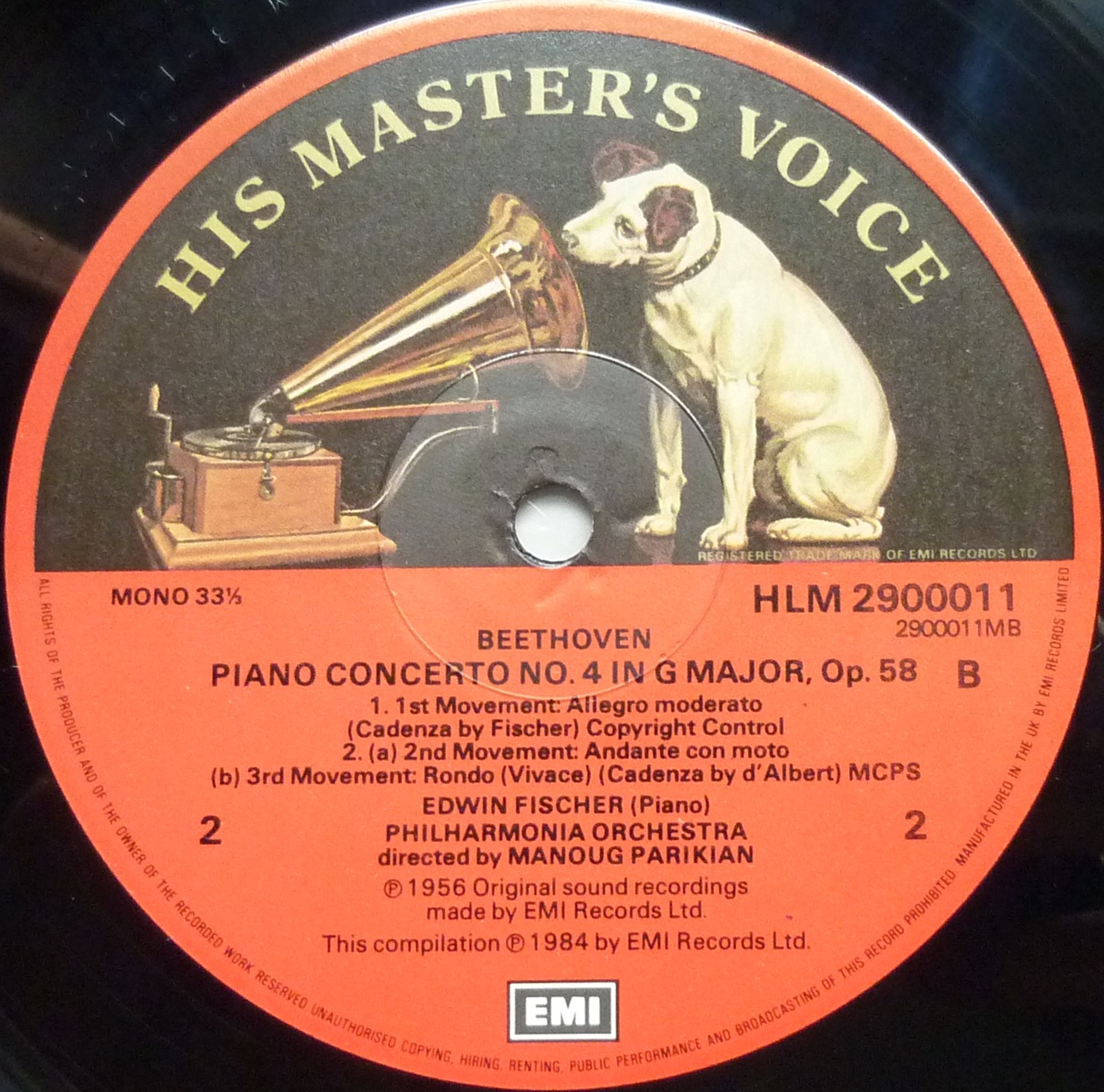
Between 3 and 20 May 1954, Edwin Fischer undertook a major series of recordings in London, including three Concertos with the Philharmonia Orchestra.
That year, due to difficulties that arose with the Swiss musicians, the Luzerner Festwochen Organising Committee had to forego the services of the Swiss Festival Orchestra, and it was announced in January 1954 that it would be the Philharmonia Orchestra that would give all the concerts at the Lucerne Music Festival (article by René Klopfenstein in ‘La Liberté’ of 9 January 1954).
Following this prestigious engagement, the Swiss Ambassador in London, Henry de Torrenté, organised a gala concert of works by Bach and Mozart at Goldsmith’s Hall on 5 May, to which Edwin Fischer and the Philharmonia Orchestra as well as the Swiss violinist Marie-Madeleine Tschachtli were invited in the presence of numerous officials.
And later, on 18 August, Fischer conducted the Philharmonia Orchestra in the Festival’s 5th symphony concert, featuring Bach’s Brandenburg Concerto n°2, Mozart’s Concerto n°22 K.482 and Beethoven’s Triple Concerto Op.56 (with Schneiderhan and Mainardi). Fischer’s masterclass began the day after the concert, with an informal reception hosted by Walter Strebi and Fischer playing the Waldstein Sonata.
In ‘L’Impartial’ of 20 August, music critic Jean-Marie Nussbaum published a long article recounting his experience of one of Fischer’s rehearsals: ‘I’ve just come from a rehearsal of the Edwin Fischer – London Philharmonia Orchestra concert. There’s nothing more pleasant than attending such a work session. The performers, strapped into their formal wear and respectability in the evening, play here in their shirt sleeves, slumped in their chairs in highly unacademic positions. This vast, busty gentleman with a moustache teases his dusty double bass with his handkerchief. In short, you feel at ease…
In the hall, four or five languages, or more. There are an unusual number of musical ‘technicians’. There’s the French cellist Pierre Fournier, supremely distinguished and a masterful player, and his accompanist Reine Gianoli, with hair as flat as the imagination of a Swiss cartoonist. And there are others, of course, whom we don’t know.
Fischer, this great Swiss pianist, is already among his ‘boys’. With his Beethovenian lion’s head poised on the short, stocky body of an Aargau bourgeois, he shakes hands left and right, claps his hands above his head to attract attention, stretches out his arms and… here it is! the prodigious entrance to the Second Brandenburg can be heard, followed by a series of pages (because they don’t play it in its entirety) from this lush, baroque concerto, featuring the violin, flute, oboe, trumpet and harpsichord of the Philharmonia. What a distance between this playing and that of Cortot (who conducted the Brandebourgeois in Paris)! How eighteenth-century, dazzling, free, and Fischer romantic! And how beautiful they both are, though…
We come to a pause: explanations are exchanged half in English, half in German. Fischer runs here and there to scribble a few indications in the scores. A burst of laughter: the good Swiss chef must have made a « witz »… And off we go again. To play one of Mozart’s most beautiful Concertos for piano and orchestra, the one in E, thanks to which, along with the one in D, we had been converted to the Mozartean religion, to which we would never be unfaithful. Fischer plays the piano part and conducts at the same time. The little man leaps from his instrument like a devil from a box to indicate an entrance, an inflection, a tenderness. Then he falls back on the keyboard, and the marvellous reverie begins again…
– Ah! but that pedal… . There is too much pedal, » exclaims a bearded listener behind me, following the music on the score.
– Perhaps you’d like to go and play in his place? » retorts a spectator with glasses who seems to be well informed.
Dear Fischer! Perhaps you don’t conduct your orchestra with Mr Furtwängler’s rigour; you play with him as with your piano; I don’t know. But what I do know is that you have created, and I mean created, an interpretation of Mozart that will never be forgotten.
You thought that music was about emotion, not technique, and you put your magnificent gifts as a performer at the service of your heart: you did well! The quality of your hand when you played this Concerto was equal to that of the greatest artists: those who miraculously combine form and content in a simple, natural style. Is your Mozart romantic? Of course: who ever said he couldn’t be?’
And of course, if for the May 1954 recording sessions, Fischer, as Gerald Kingsley reports, did conduct the orchestra, and if the role of Manoug Parikian, who ‘directed’ the orchestra without conducting it, is not defined, this raises a question. On the other hand, the account of the rehearsal in Lucerne does not show that Manoug Parikian took any part whatsoever in the interpretation of the two works by Bach and Mozart.
The critic of the ‘Neue Zürcher Zeitung’ noted this in the issue of 21 August: ‘Mozart’s Piano Concerto in E flat major K. 482 in particular was not without inaccuracies, because for considerable stretches when Fischer had to play, he could only give his conducting instructions with glances and head movements’.
We don’t know the answer of course, but what we do know, is that it is plausible to assume that, for the May 1954 recordings, it was deemed necessary to call on Parikian’s services with a view to avoiding such inaccuracies.
Avec nos remerciements à Roger Smithson ainsi qu’à Gerald Kingsley, qui était également présent à la répétition de Lucerne / With thanks to Roger Smithson as well as to Gerald Kingsley, who also attended the Lucerne rehearsal.
Les liens de téléchargement sont dans le premier commentaire. The download links are in the first comment


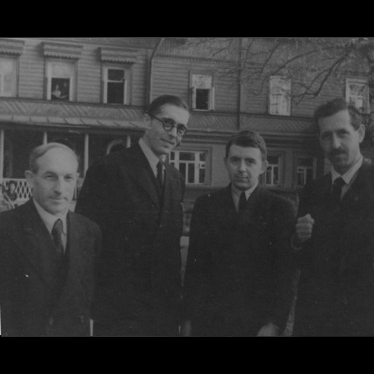
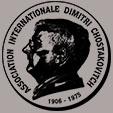
5 réponses sur « Fischer – Philharmonia Orchestra – Beethoven: Concerto n°4 Op.58 »
HD / Hi-Res (24 bits/88 KHz):
https://e.pcloud.link/publink/show?code=kZ35M9ZMKsNd4RxO3bQSnqrMy7yBVdReHLX
Format CD / CD Quality (16 bits/44 KHz):
https://e.pcloud.link/publink/show?code=kZ3Cg9ZcusYQkmIhe0xIdBxJPxUYjalyUV7
NOTE Source: 33t/LP RLS 2900013 ‘HMV Treasury’ (meilleur que le CD Testament SBT 1169 / better than the Testament CD SBT 1169)
« their chairs in highly unacademic positions » 😀 nice statement. Thank You for the rip!
Great recording! Thank You. Have to check the Testament release to compare 🙂
Me too! 🙂
Thanks as always!